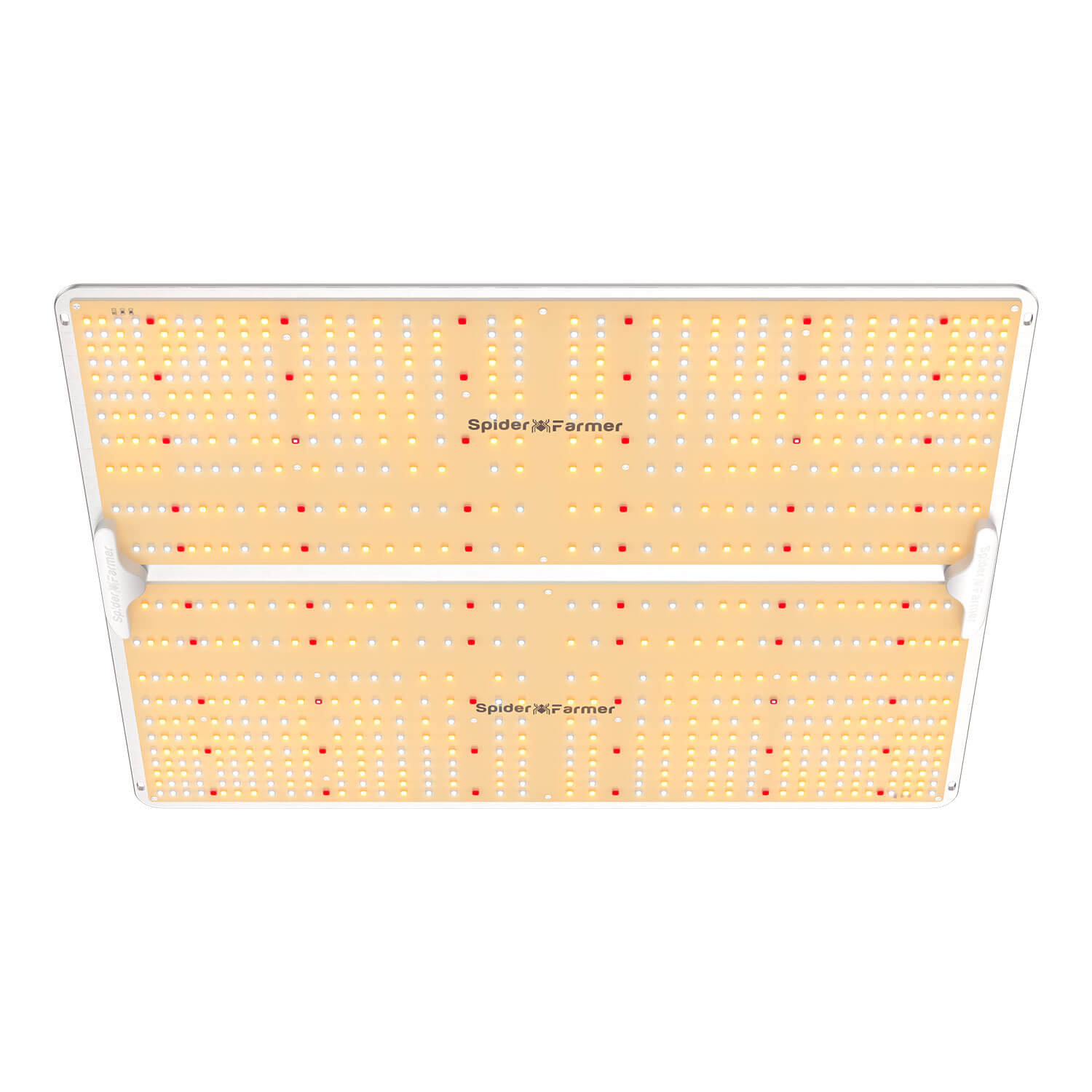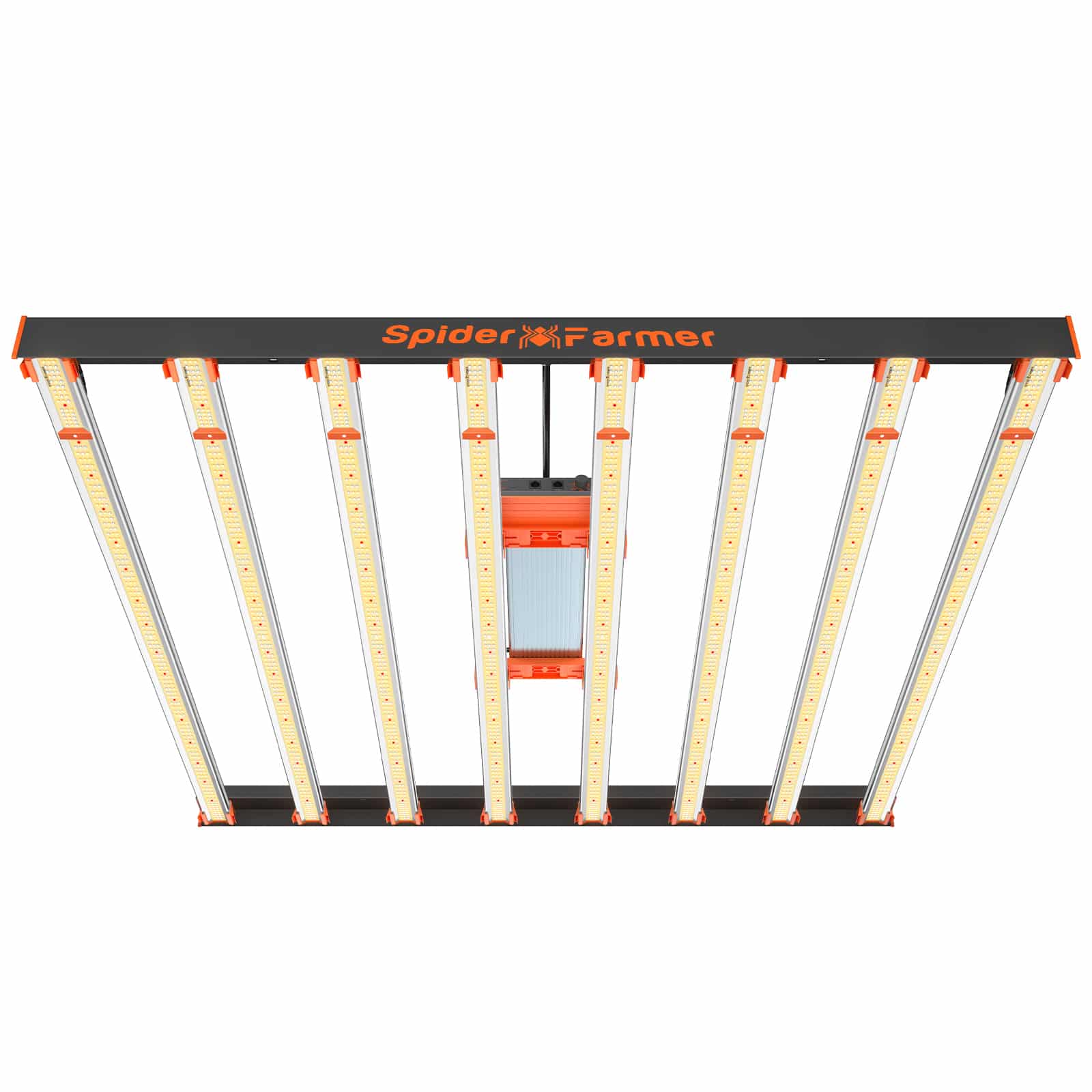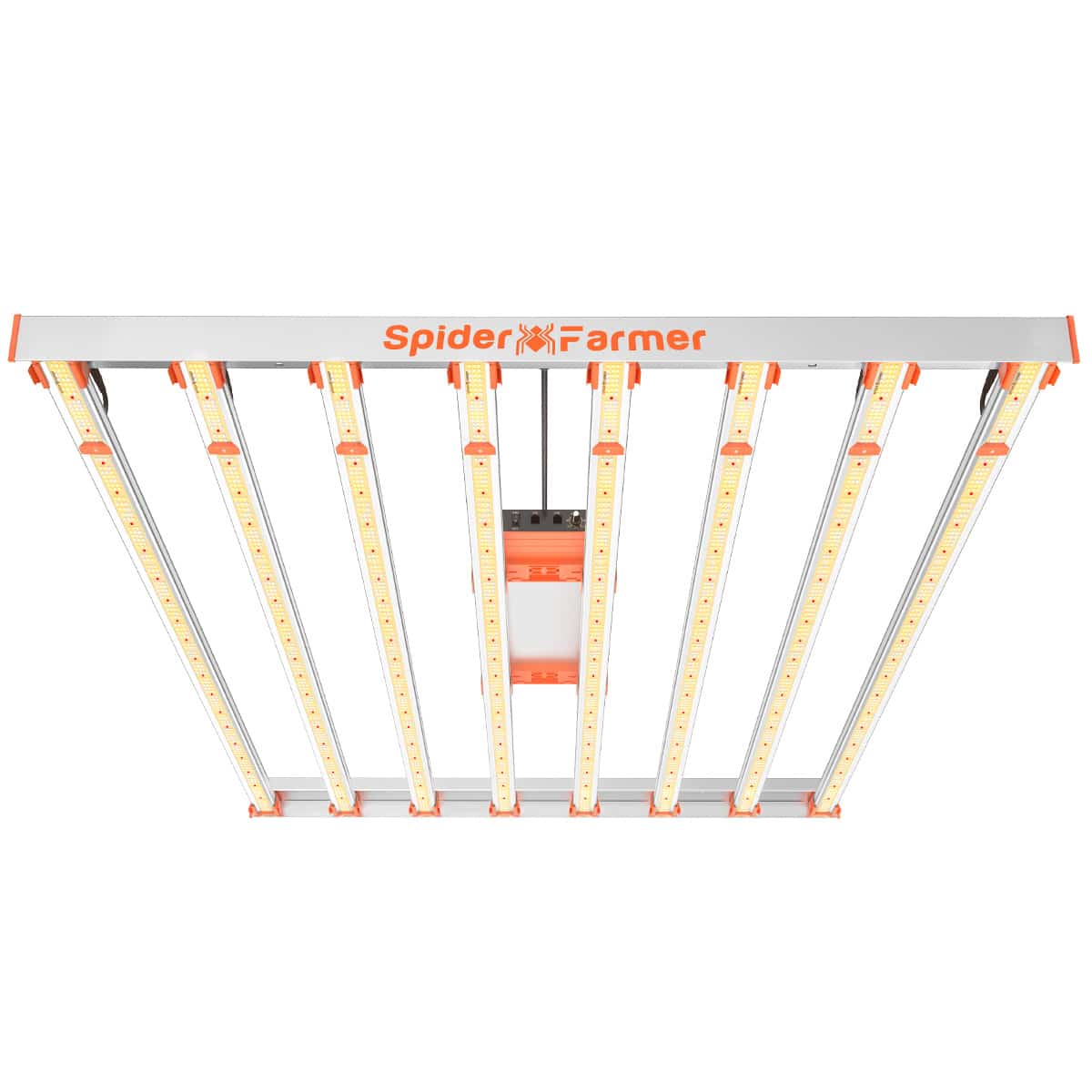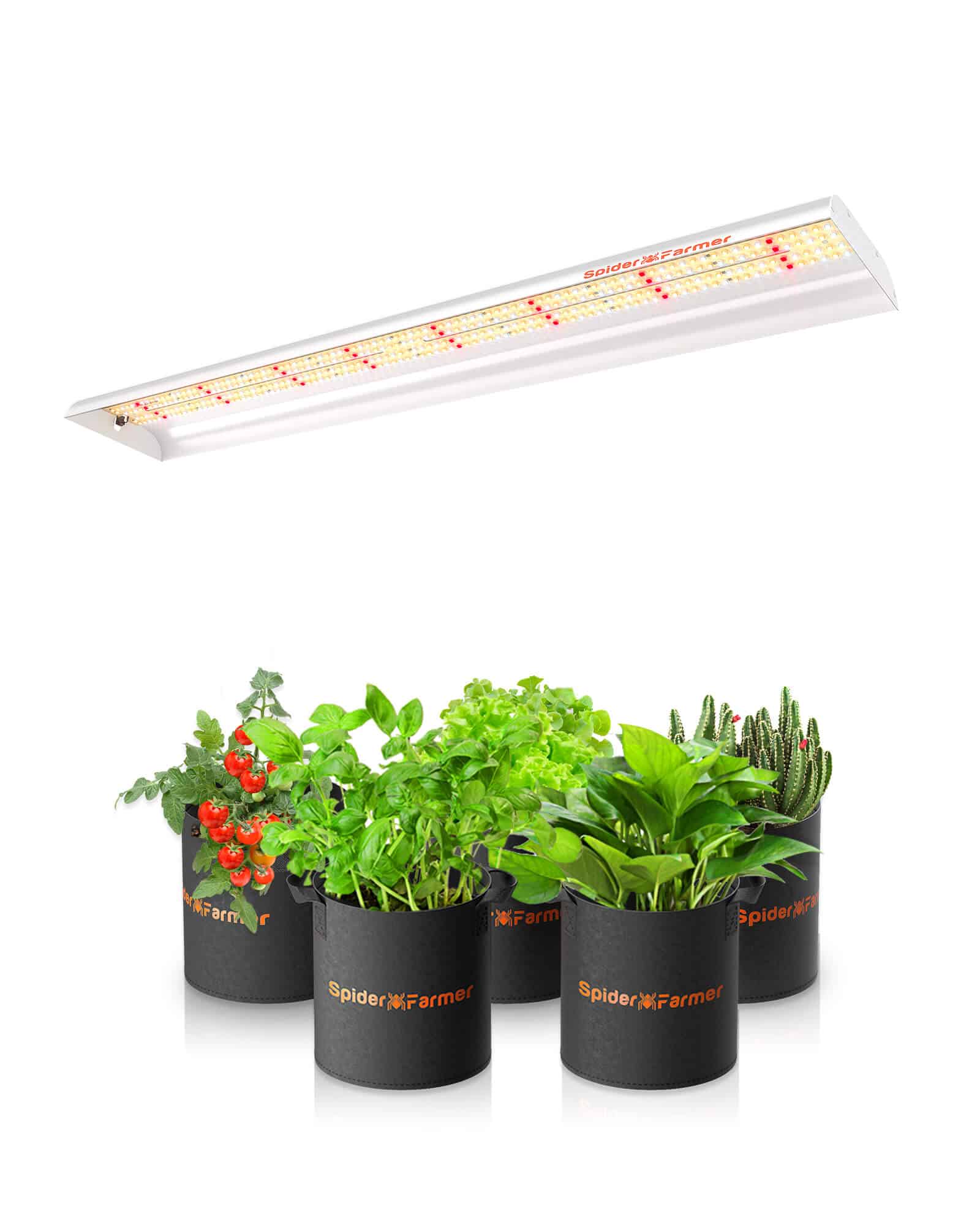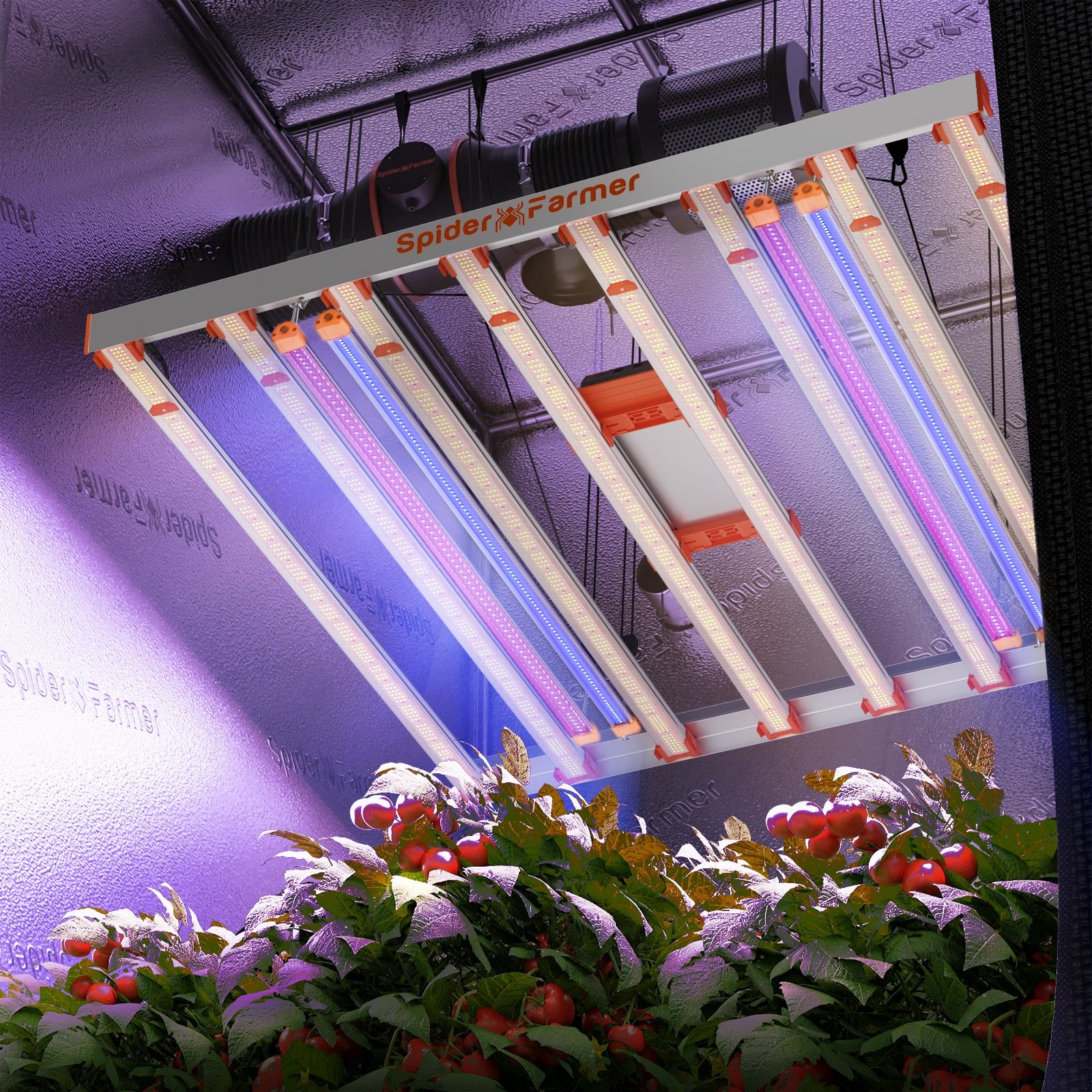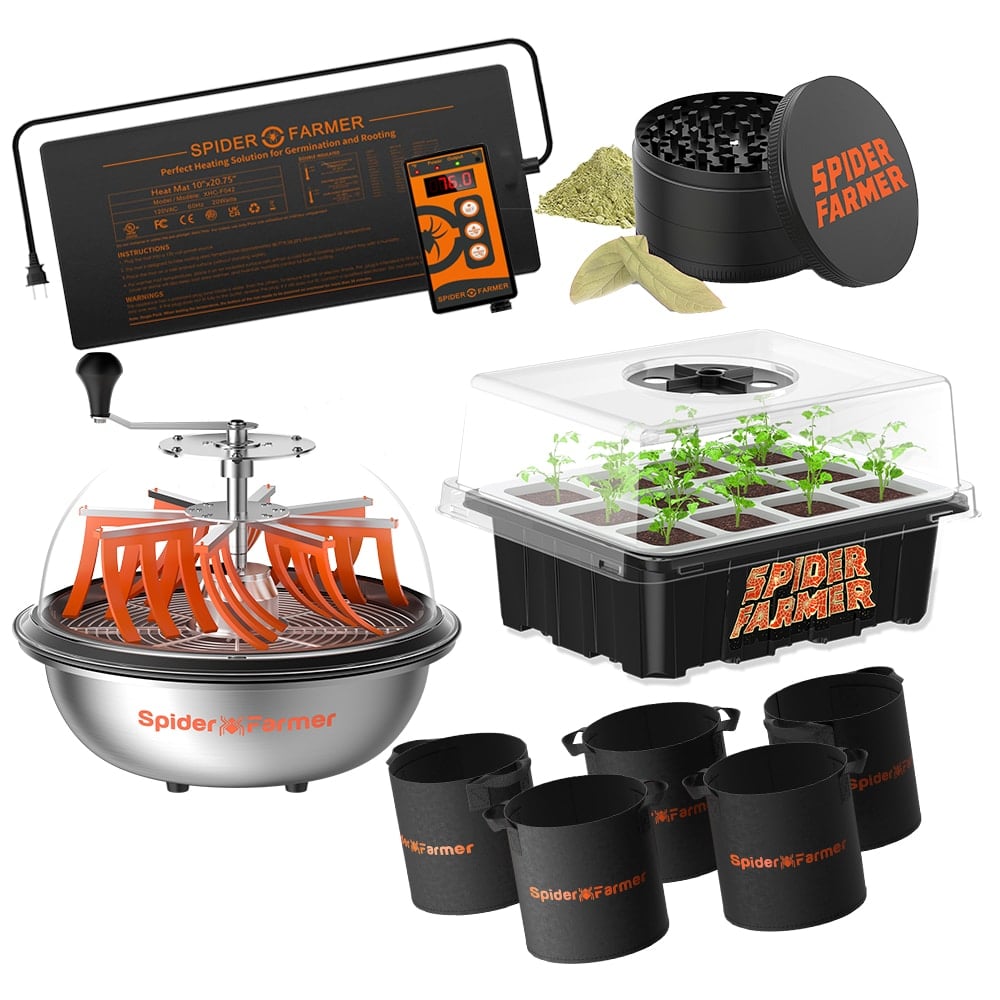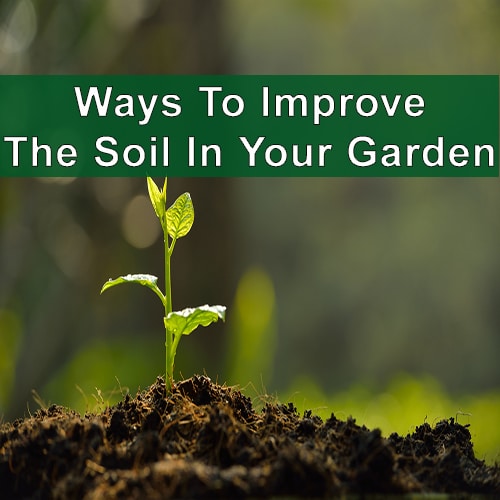The end of warm summer days means that the gardening season is about to start. And for all the indoor and outdoor gardeners, this also means the beginning of the process of preparing their plants and soil for the colder weather that is coming. Providing rich and fertile plant soil is important if you wish your plants to survive the winter. That being said, we are here to provide the best tips and advice on how you can improve the soil’s quality so that it is able to provide all the nutrients herbs would need.
Before we begin, you need to understand that starting your gardening journey with low-quality soil does not mean that your plants are doomed. Even if you are dealing with the type of soil that is hard to break or dig through, or a sandy one which has a harder time retaining water – it is not the end of the world. There are many ways in which you can improve your garden’s earth, and today we will take a closer look into each one that has proven to be successful.
Why should we improve the soil? COUPON CODE: SPIDER120
If you want to enjoy a healthy gardening plant, then you should ensure that the plant soil is healthy too. This is why most people turn to find ways to improve their quality, and why we from Spider Farmer are here to offer our professional opinion on the subject.
Once you start looking for ways on how to improve plant soil, you will notice things like testing, adding organic matter, or even adding some earthworms. These are all the key factors for maintaining healthy soil rich in minerals and other nutrients – something that would allow the plants to grow and properly drain in all parts of your garden.
We from Spider Farmer are here to assist you even further, so let’s look into the best ways how you can improve your soil!
1. Add organic matter
Try looking for some decomposed organic matter – this can do wonders for your soil! Organic matter can be anything that contains carbon compounds that living organisms have created. This can include grass clippings, animal manure, shredded leaves, and plant debris.
It works by improving the structure of the soil, binding pollutants and supplying all your plants with nutrients. The plant soil will become a little bit looser, making it easier for the air to reach the roots, and this will ultimately protect your plants from some of the most common garden diseases.
2. Get a soil test
When thinking about how to improve plant soil, you should be aware that adding some organic matter once a year is one of many things you can do. You can go a step further and do a soil test, which will give you more insight into its structure, as well as guidance on what would be the best course of action to enrich it.
There are specific kits sold online that you can easily purchase and use. All you need to do is take a few samples from your backyard and start inspecting. The soil test can give you an idea of the levels of phosphorus, potassium, magnesium, calcium, and sulfur. Plus, it can even provide insight into the soil’s level of organic matter.
3. Use organic soil improvers and plant fertilizers
Have you ever tried using organic earth improvers or plant fertilizers, such as mulch? This can help your plants grow healthier and stronger. It can also stimulate the natural growing conditions, keep the soil cool, prevent the growth of weeds, and further help retain water in it. If you’re not sure you are unsure of how these ingredients work.
4. Encourage earthworms
Adding earthworms to your garden is yet another one of the most successful ways on how to improve plant soil. They are also considered excellent fertilizers for a reason – earthworms can help the process of breaking down organic matter into clean nutrients that your plants can use. And due to the small holes created from moving around the dirt, they will provide your soil with an excellent airing system, which your plants will use for proper watering, as well as draining.
5. Supply what is missing
If you feel like your plant soil is missing something, make sure to inspect it and think about what will benefit from it the most. Something that you can always consider adding is some aged animal manure. This helps in improving the dirt’s consistency, as well as its nutrient content. All you need to do is make sure that the manure you are buying is not contaminated with herbicides and pesticides because this can only disrupt the health of the soil.
6. Rotate the crops
By planting your crops in a different spot each year, you can prevent the depletion of nutrients and stop the spread of diseases and pests in your garden. Keeping both your plants and soil healthy is a must – so the best approach is to stick to the three-year rotating plan. This means that you should re-plant your crops every three years and ensure that the same plant family doesn’t grow in the same place for more than that.
7. Let the soil dry
Last but not least, it is important to remember to let the soil dry out before you start planting. Try to maintain its health and strength by avoiding walking on it so you can maintain its structure too. By doing this, you will allow the air to stay inside the soil and work its magic to grow some magnificent, healthy plants!
We hope that our tips on improving the structure and quality of your plant soil will significantly help you. If you need further help on this subject, feel free to explore our site’s blog and the plethora of gardening products we offer.

